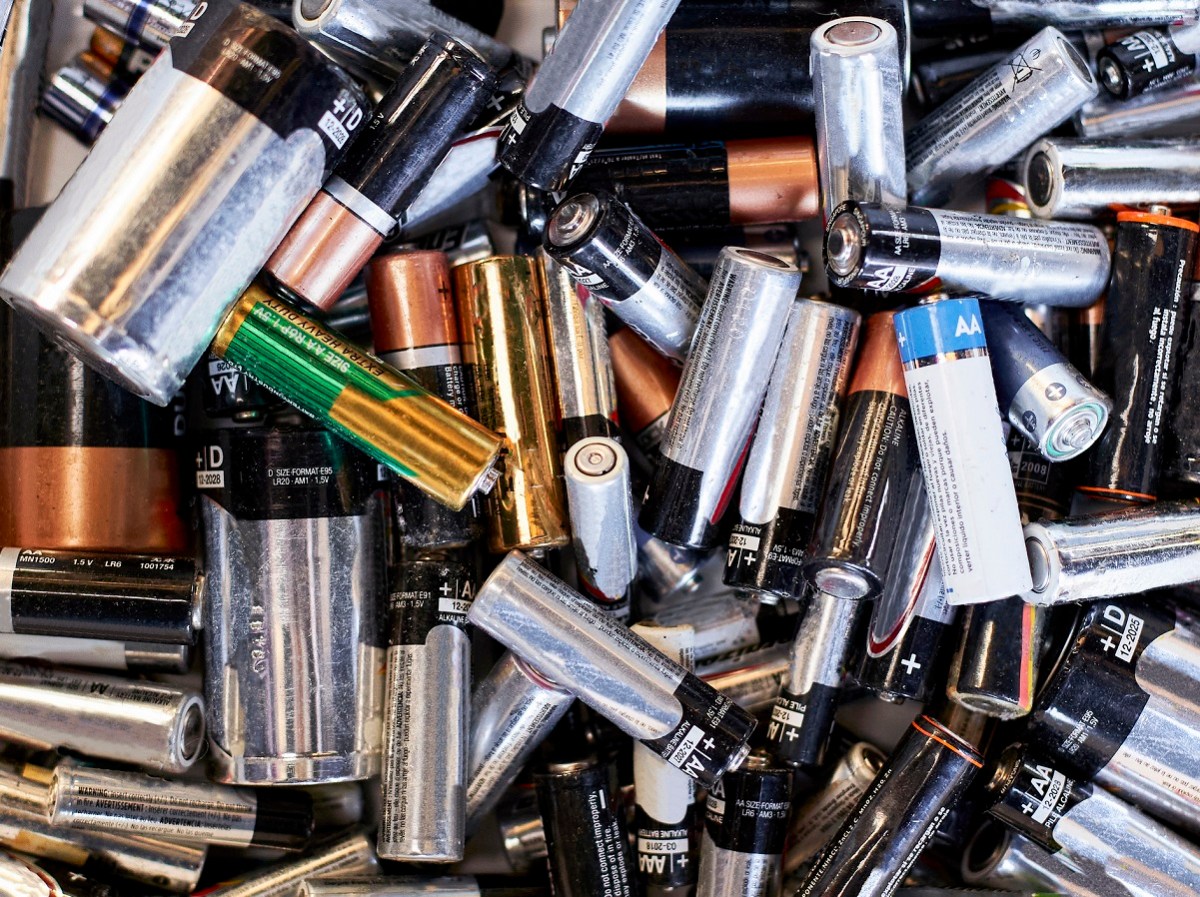Australia’s official government-backed battery recycling scheme, B-cycle has increased battery recycling among all Australians by over 30% and quadrupled the amount of public drop-off points in just 18 months.
These results have been captured in B-cycle’s annual Positive Charge Report, underlining the progress and success of the scheme in the last year.
Founded by not-for-profit organisation, the Battery Stewardship Council (BSC) and authorised by the Australian Competition and Consumer Commission (ACCC), B-cycle is making headway on battery recycling as one of the country’s fastest-growing waste streams.
By facilitating the growth of accessible battery recycling services for consumers across Australia, B-cycle has provided over 4,195 drop off points for people to safely and conveniently recycle everyday loose and easily removable) batteries.
This year alone, Australians will purchase enough equivalent batteries to circle the earth seven times and by 2050, this will increase to 37 times.
Australians have recycled over 2.375 tonnesof used batteries with B-cycle, nearly doubling the rate of collected batteries prior to the scheme’s inception of 1.258 tonnes in 2021. The average recovery rate of materials from batteries collected by B-cycle is 71.08%.
Australians are increasingly motivated to recycle their used batteries; with the B-cycle website servicing over 90,130 searches for the closest B-cycle drop-off point. B-cycle has also seen an increase in participation with 850 participantshosting accredited drop-off points over 100 organisationsparticipating including 54 importers and 28 retailers.
B-cycle CEO, Libby Chaplin said,“Industry participants and the broader public are the driving force behind the success of B-cycle, and continued support will be critical to scale the scheme and service Australia’s future demand for batteries.
“There is great potential to increase Australia’s capacity to contribute to a circular battery supply chain. This report underlines the strong environmental and climate benefits of B-cycle and the recovery of materials from used batteries offering a crucial opportunity in curbing emissions for the battery industry as it continues to rapidly scale both locally and globally.”
The report identified the projection of lithium-based batteries is set to grow to 7.7 million tonnes by 2050 – over 40 times what is in use today.
“Given that the recycling and refurbishment infrastructure and capacity is currently insufficient to deal with this forecasted growth in batteries entering the waste stream, it is imperative that industry is continue to be pro-active in demonstrating stewardship outcomes to an increasingly aware consumer base,” Chaplin added.

